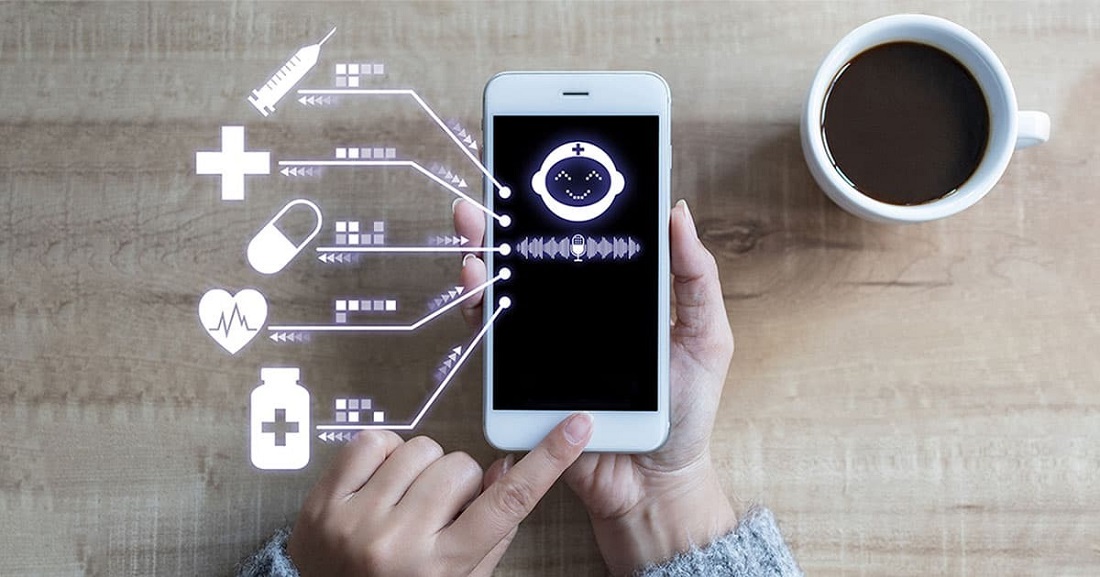5G
Ushering in a New Era of Smart Healthcare Applications with 5G-based MEC
A new epoch of smart medicine has been made possible with the proliferation of 5G. Healthcare has advanced from the treatment of symptoms to the early detection of disease and the tracking of each individual’s condition. GIGABYTE Technology offers the highly scalable, high-density E-Series Edge Servers for edge computing; by working with Alpha Networks Inc., GIGABYTE has brought the benefits of multi-access edge computing (MEC) to wearable devices and other Internet of Things (IoT) applications that will help to realize the vision of smart medicine. The compilation of big data, coupled with the low-latency characteristics of MEC, allow for faster data integration and analysis that will help healthcare providers offer customized, predictive care for their patients.

New Trend in Smart Healthcare: From Experiment-driven to Data-driven

GIGABYTE Works with Alpha Networks Inc. to Usher in New Epoch of Smart Healthcare with MEC Applications
Get the inside scoop on the latest tech trends, subscribe today!
Get Updates
# Multi-access edge computing (MEC)
# 5G
# Iot
# Artificial Intelligence (AI)
# Machine learning (ML)
# Data Center
Get the inside scoop on the latest tech trends, subscribe today!
Get Updates















